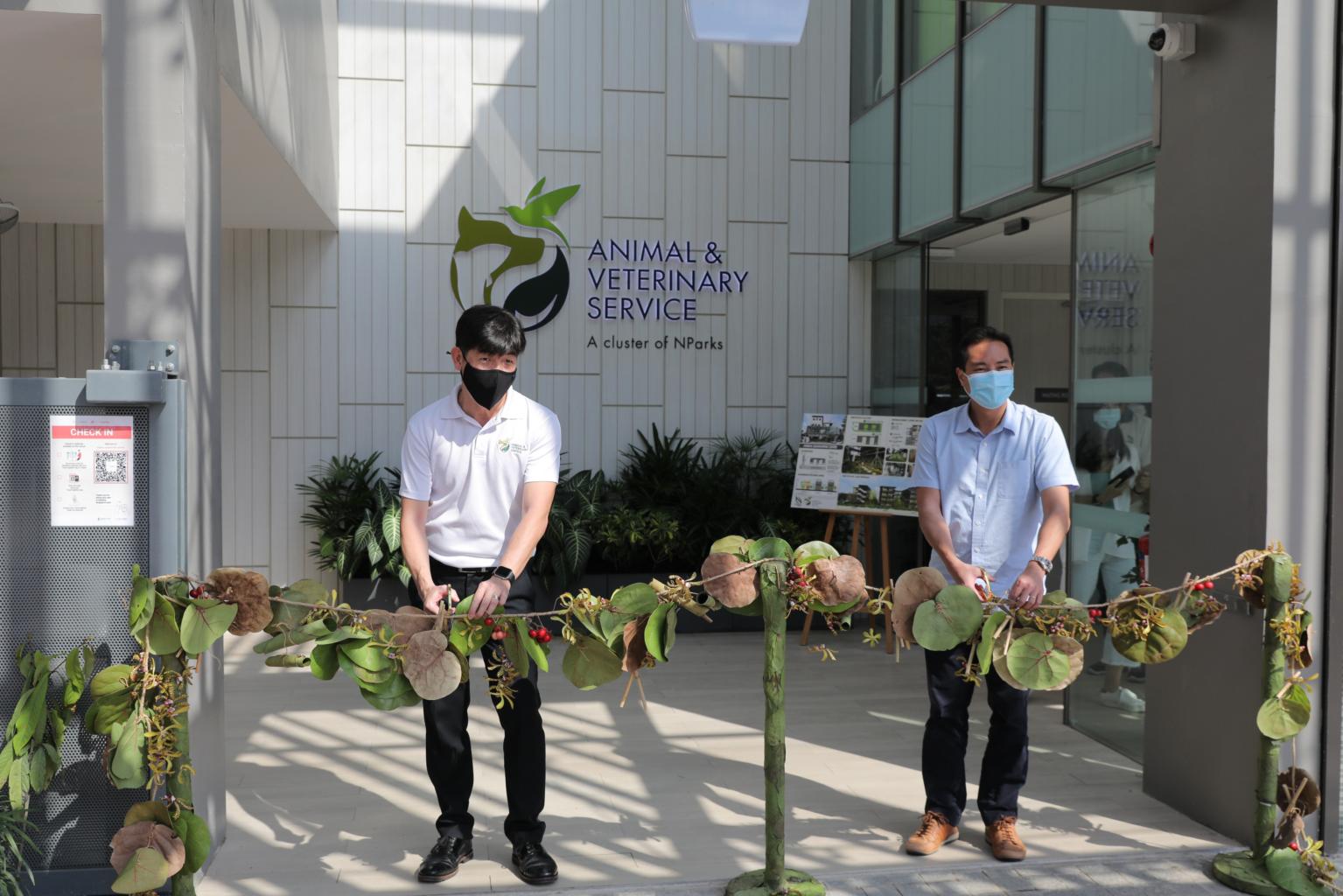More pet dogs and cats entering Singapore can now serve quarantine at home
Sign up now: Get ST's newsletters delivered to your inbox
Follow topic:
SINGAPORE - More pet dogs and cats coming into Singapore can now be quarantined at home instead of at a facility.
Smart collar tags will be used to ensure that pets remain in their quarantine premises. If the pets leave, the tags will alert Animal and Veterinary Service (AVS) staff.
This is part of AVS' efforts to prevent animal diseases from entering the country, and at the same time, improve animal welfare here.
Home quarantine will be available to more dogs and cats, including those with health conditions that need to be monitored closely by their owners, as well as pets imported from countries with lower risk of animal disease.
Exporting countries are assessed and categorised into groups A to D, based on the level of risk of rabies within their local animal populations, with Category A countries posing the lowest risk, and Category D countries posing the highest risk.
The move was announced on Friday (Nov 26) by Minister of State for National Development Tan Kiat How at the opening of the new animal quarantine centre in Jalan Lekar for dogs and cats entering Singapore.
The facility, which replaces the Sembawang Animal Quarantine Station, has kennels and catteries equipped with closed-circuit television (CCTV) cameras and sensors to monitor the animals' health and safety.
AVS said it would tap data analytics technology for biosurveillance to safeguard public and animal health.
Pet owners visiting the facility to walk their dogs have to wear sensor tags that will beep when they get too close to other owners, to ensure that the dogs are kept apart. AVS staff can also monitor this remotely.
Previously, officers patrolling the centre had to manually ensure safe distancing of the pets when owners were walking them.
The animals are kept in separate kennels and catteries to prevent the spread of diseases, for instance, through dogs sneezing and coughing on one another.
The fees for quarantine and services at the new facility have not increased.
AVS said it is also fitting vessels with CCTVs and drones that have thermal cameras to inspect consignments of pigs before they are allowed to enter Singapore. Inspectors will look out for herd diseases such as the highly contagious African swine fever.
Separately, AVS said it is building a central database for animal health to manage biosecurity risks and quarantine operations for pets, imported wildlife, horses and laboratory animals.

This will integrate data - such as animal health status, licensing, inspection and feedback data collected from the import and export of animals - with the current system. The new system will also incorporate data from AVS' laboratories, pet shops, commercial pet breeders and boarders, veterinary clinics, and other equine and wildlife premises.
AVS aims to complete the central database by 2024.
"The health and well-being of our people are closely interconnected with that of animals in our community," said Mr Tan.
"The new animal quarantine centre plays an important role in supporting our efforts to safeguard animal and public health.
"Through the use of technology, we will enhance our biosurveillance capabilities to better monitor emerging threats from animal-borne diseases, and prevent such diseases from being introduced into Singapore."

